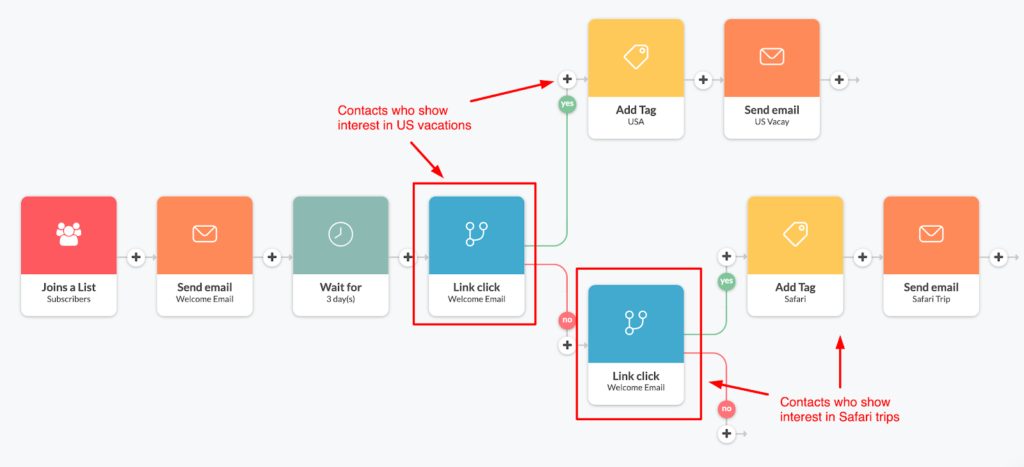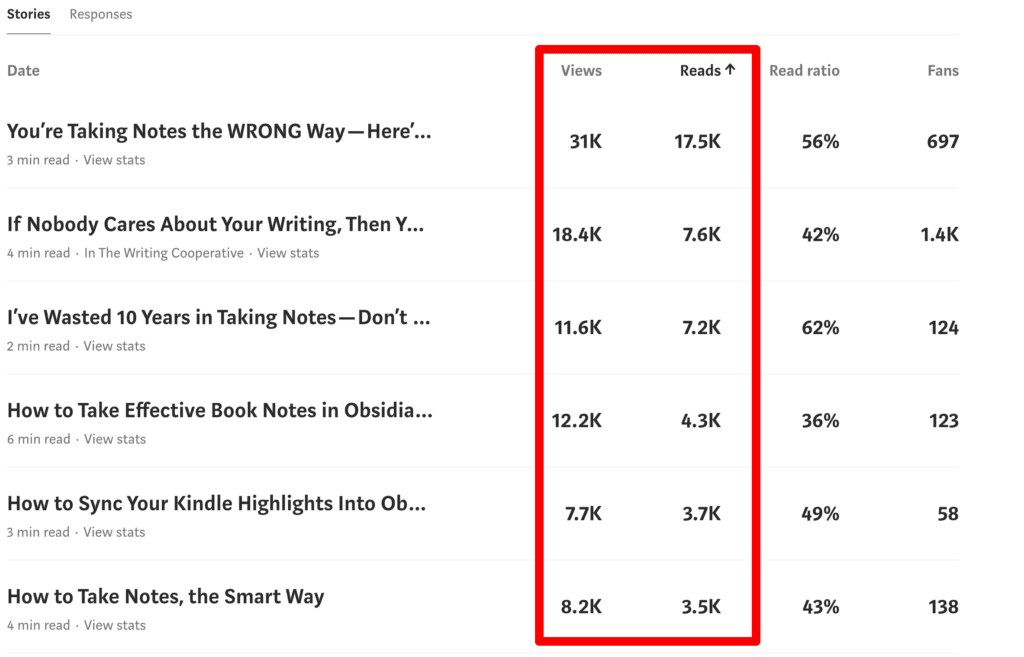20 Good Ideas For Deciding On Email List Sellers
20 Good Ideas For Deciding On Email List Sellers
Blog Article
What Factors Should I Consider Prior To Buying An Cpa Email List?
To make sure that your CPA (Certified Public Accountant), email list is legal in its relevance, quality and relevancy, it is essential to look at some key aspects. There are a few things to think about: Data Accuracy and Quality
Source of Data: Verify the authenticity of the list. Most reliable providers collect their data from reliable sources, including trade associations, directories of professionals, and databases. Avoid lists that are compiled with scraping and other unreliable methods since they could contain inaccurate or outdated information.
Verification process: Examine to determine if the email list was validated recently. This helps reduce bounce rates and makes sure you're reaching legitimate, active emails. Because CPAs frequently change firms or jobs, inquire about when the list has been changed.
Segmentation & Filters: A CPA list that's good should include options such as segmentation based on place of residence (city or state, or even country) or specialization in a particular industry (e.g. auditing, taxation and financial planning), experience years, firm size and size, etc. Your marketing campaigns will be more relevant by using targeted targeting using the above-mentioned factors.
2. Legal Regulations
Data Privacy Laws: Ensure that the email list complies with data protection laws like the General Data Protection Regulation (GDPR) as well as the California Consumer Privacy Act (CCPA) and any other relevant local regulations. The list must contain email addresses that have been obtained legally and only with consent.
Conformity with the the CAN-SPAM Act. For U.S. emails campaigns, the list of recipients must be in compliance with CAN-SPAM Act. This Act governs commercial electronic communication. It is important to provide opt-out options, and avoid using subject lines that are misleading or content. Infractions can be punished with fines and other legal issues.
Opt-in Consent: Confirm that email addresses have been obtained via opt-in consent. This means that the users consented to receiving marketing emails from third party companies. This will reduce the likelihood of spam complaints, and will increase the amount of engagement.
3. Provider Reputation
Find out the track record and reputation of the service you are considering. Check out reviews, testimonials and case studies to learn what other clients think. Established firms with proven track records are more likely to provide reliable, high-quality data.
Transparency. Providers must be transparent about the method by which they collect their data and when they update it. If the service provider isn't able to clearly explain how they collect data, it's a red flag.
Support for your customers is essential: You will need an experienced and reliable customer service if your campaign requires help with customising the list and troubleshooting issues, or understanding the compliance rules. A good customer support service can help you save time and money during the campaign.
4. Cost and Return on Investment
Pricing models. Different service providers offer different pricing structures. Some charge per contact while others charge a flat-fee or a subscription. Compare costs to ROI expectations and balance the quality and price of the options.
Refund Policy: Discover the policy that allows for replacements or refunds in the event that there is a problem with a set of emails were not correct or in error. A guarantee can give assurance.
Price vs. value: Don't just look at price. An inexpensive list might seem appealing, but it may result in low participation or high bounce rates if it's of poor quality. Choose lists that provide value in terms of quality and accuracy as well as segmentation.
5. Use and Ownership of Data
Single-Use and Multiple-Use. Multiple-Use: Clarify whether you're buying the list for a single use or whether you own the information and can use it for ongoing campaigns. While a single-use list might be cheaper, owning your list allows you to conduct long-term marketing campaigns.
Exclusive vs. Shared Lists - Find out whether you are the sole person who purchases an email list or the list is shared by multiple buyers. The shared list can result in audience fatigue since recipients are already bombarded with marketing emails.
6. Data Integration and Format
CRM Compatibility. Check that the list has been delivered in the format of a CSV or Excel format. This makes it easy to manage data management and import.
Ease of Use: Evaluate the ease with which data can be categorized and controlled after integration in your software. A well-organized and organized list will improve the effectiveness of targeting and personalization. efficient.
7. Ethical Aspects
Relevance of Content - CPAs have busy schedules, so it's essential to send content that's relevant and provides value. Beware of sending messages that are irrelevant and may harm your brand reputation or lead to more spam complaints.
Beware of sending too many emails Limit the number times you contact your contacts. Insufficient communication could lead to the unsubscription of people from your list or spam complaints. Both of these may affect the reputation of your sender.
Conclusion
Prioritize the quality of data legal compliance, as well as the reputation of the provider when purchasing CPA lists. Consider legal compliance, data quality, and reputation of the provider when purchasing a CPA list to make sure your investment is worth it. The right segmentation will allow you to increase your engagement and ROI. View the most popular cpa email list for blog guide.
What Should I Consider When Buying A Oncologist Email List?
Be aware of these aspects when buying an oncologist's email list. This will assure you that the list you purchase is of high-quality, in compliance with the law and adapted to your specific marketing needs. Below are the key considerations:1. Data Quality and Accuracy
Source: Check that the source for the email list is reliable, like databases or professional associations in healthcare. Beware of lists that are not reliable or unknown sources. They could be inaccurate or outdated information.
Verification Process: The list provider should have a thorough verification procedure in place to ensure the email addresses are correct legitimate, valid, and active. The list provider should regularly clean and update the list, eliminating duplicate, inactive or incorrect contact details. This will increase delivery rates.
Segmentation: A reputable oncologist email list must provide segmentation options. Being able to filter the list by subspecialties (e.g., pediatric oncology, surgical oncology, hematology-oncology), geographic location, years of experience, or institution allows for more targeted outreach, increasing the likelihood of engagement.
2. Legal Regulations
Data Privacy Regulations â Ensure email list complies data privacy laws like the General Data Protection Regulations in Europe or the California Consumer Privacy Acts in the U.S. The email addresses must be gathered and processed legally while respecting consent and data privacy.
CANSPAM Act compliance If you're conducting a campaign in the US, you must make sure that your list conforms with the CANSPAM Act, that regulates all commercial email. It is crucial to include an explicit opt-out button in every email. Also, ensure that your subject lines are correct and don't confuse recipients. Failure to comply could result in penalties or harm to your reputation.
Opt-In Consent: Check to see if the email addresses on the list were gathered by opt-in consent. Oncologists are required to have consented for marketing communications. This will ensure compliance with privacy legislation and reduce the possibility of receiving spam complaints.
3. Provider Reputation
Reputable Provider - It's essential to buy your list from an industry expert with a strong reputation. To verify their legitimacy, examine their past work reviews, see testimonials, and reviews or case studies. Established providers offer more accurate legal compliant lists.
Transparency. The service provider must provide information about the source of their data, how frequently they are updated and the verification methods they use. Insufficient transparency can be a red flag and signify low-quality data.
Customer Support: Choose a provider with quick customer service when you need help with the checklist or have questions about segmentation, integration or compliance.
4. Cost and ROI
Know the structure of pricing, for instance the basis of the number of contact, a one-time fee, or subscription. Think about how the price is aligned with your marketing budget as well as the your expected return on investment (ROI).
Refund or Replacement policy: A reliable service provider will provide refunds or replacement policies in the event of invalid or outdated emails. Make sure you understand the purchase terms before making a purchase to protect your investment.
Value for Money: Don't focus solely on cost. If a list is cheaper, you might find it appealing. But, if the list results in poor delivery or low engagement, it could harm your campaign. Make sure the data you use is correct and pertinent.
5. Data Usage and Ownership
Clear up whether you're using the list only for single-use or ongoing use. Owning the list can give you more flexibility and a longer-term benefit if your plan is to use it to run various campaigns.
Exclusive vs. shared lists: Determine if this list is only for you or shared with multiple buyers. Exclusive lists are more valuable because they limit the amount of exhaustion in the audience, which can lead to greater engagement.
6. Data Integration and Format
CRM compatibility: Ensure that your list is able to be integrated into your Customer Relations Management (CRM) or other email marketing tools. The list should come in a format which can be simple to integrate, such as CSV or Excel.
Simple Segmentation. The list should be able to be segmented in your CRM. Being able to filter quickly by criteria like oncology subspecialty or geographic location will help you tailor your campaigns more efficiently.
7. Ethical concerns
Relevance of messages The oncologists are busy and are highly-skilled professionals. You should tailor your message to their needs or interests. This could be medical equipment or continuing education. Relevant emails can lead to an ineffective engagement, and could harm your brand image.
Avoid Spam Don't send too many emails or unsolicited messages, which could lead to spam complaints. Send out emails on a regular basis to engage your audience without over-burdening them.
Conclusion
When purchasing an oncologist's email list, prioritize accuracy of the data as well as legal compliance and reputation of the service provider. Lists must be segmented in order to ensure that they are crafted and validated for your specific target audience. If you take these elements into consideration to create an effective, compliant outreach strategy that maximizes engagement and yields impressive results. Read the top rated oncologist email list for site info.